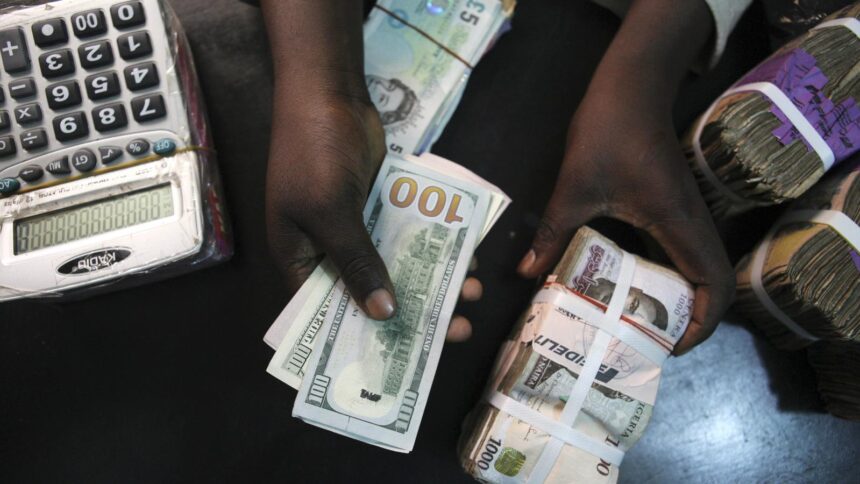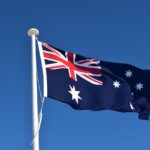Nigeria recorded a $1.39 billion foreign education spending by its citizens in the first half of 2025 (H1 2025), according to data from the Central Bank of Nigeria (CBN).
The $1.39 billion on foreign education, which translates to N2.16 trillion according to the official market rate, marks the highest H1 expenditure on foreign education since 2021.
This figure also represents a 20% increase in dollar terms and a 38% rise in naira, based on an average exchange rate of N1,553.60/$ during the first half of 2024.
The data, sourced from the Central Bank of Nigeria’s (CBN) Balance of Payments report, reflects the growing trend of educational migration amid persistent challenges within Nigeria’s domestic education system.
According to the data, between 2020 and the first half of 2025, Nigerians spent $11.1 billion (N9.9 trillion) on foreign education.
The total spending between 2020 and 2025 represents 2.6% of Nigeria’s annual nominal GDP over the same period and, in many cases, exceeds the combined education budgets of federal and state governments.
For context, the Federal Government allocated N2.52 trillion to the education sector in the 2025 national budget, representing about 5% of total government expenditure.
Despite spending $1.39 billion on foreign education in H1 2025 alone, data from the National Bureau of Statistics (NBS) revealed that capital importation into Nigeria’s education sector amounted to just $150,000 over the past decade.
This means Nigeria is not getting enough international revenue from the education sector.
This development comes as many Nigerians are seeking education opportunities abroad.
It was gathered that issues like perceived decline in the quality of education in Nigerian universities, frequent strikes by academic staff unions, infrastructure decay, and overcrowded classrooms, among others, are driving Nigerians to invest heavily in foreign education.
In addition, international education is increasingly viewed not just as an academic pursuit but also as a migration pathway, particularly for middle- and upper-class families seeking better long-term opportunities for their children.
The spending of $1.39 billion on foreign education also comes amid rising tuition fees, cost-of-living pressures abroad, and local currency constraints.
Reacting to the development, Christopher Nmeribe, an educationist, said the drive for foreign education among Nigerians is a reflection of the country’s fallen standard of learning and the hard economic realities on the ground.
Nmeribe stated: “Every Nigerian wants to leave the country for even another African country, just to escape the harsh economic challenges.
“On the other hand, Nigerian tertiary institutions cannot attract foreign students and foreign exchange students as a result of the decline in the standard of education, and the security challenges.”
Also, Olusola Kayode, a public servant, said the CBN data that revealed that Nigerians have spent $1.39 billion on foreign education in H1 2025 is not a surprise.
Kayode said: “Truth be told, we all want to migrate; most of these people are not going for the love of education but as a window to realizing their dream life.
“I know of a uniform personnel, who left as a student but she actually went to seek greener pasture, that’s the reality.”





